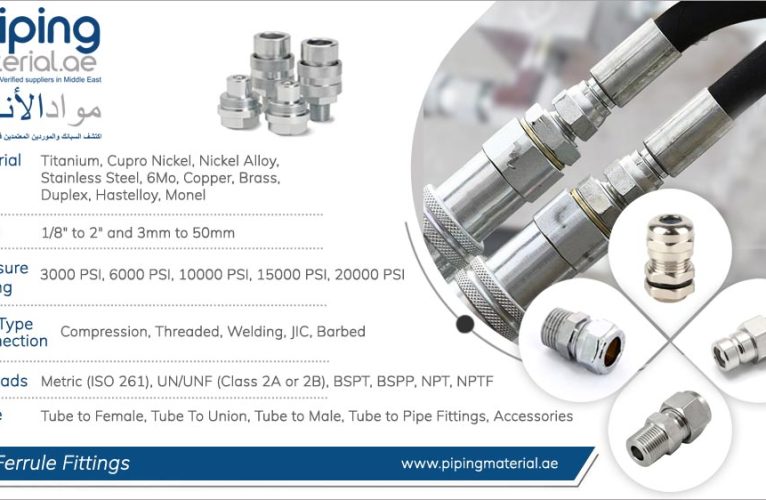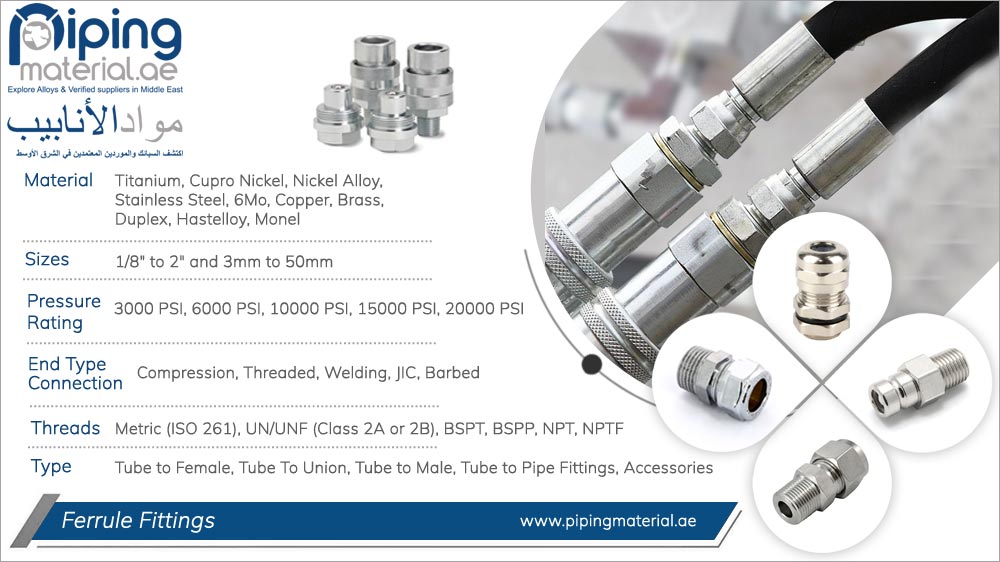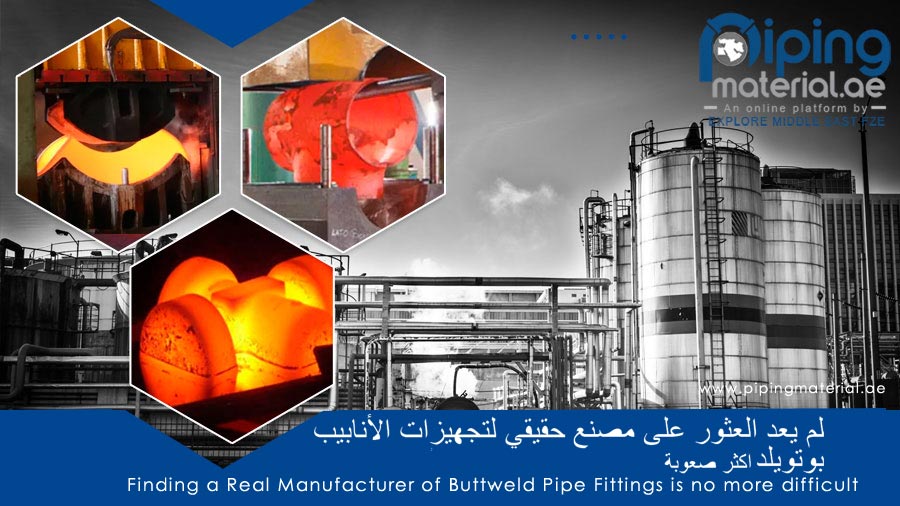Understanding 304 Stainless Steel Flanges: A Comprehensive Guide


Stainless steel flanges are crucial components in various industrial applications, providing a durable and reliable means of connecting pipes or valves. Among the different types of stainless steel available, 304 stainless steel stands out for its excellent corrosion resistance, versatility, and ease of fabrication. In this blog post, we will delve into the characteristics, applications, advantages, and considerations associated with 304 stainless steel flanges.
304 stainless steel is a popular and widely used austenitic stainless steel alloy that contains 18% chromium and 8% nickel. It is known for its high corrosion resistance, good formability, and excellent mechanical properties. The ‘304’ in its name signifies the composition—approximately 18% chromium and 8% nickel. These elements provide the alloy with its corrosion-resistant properties and lend it the ability to withstand various environmental conditions, making it an ideal material for flange applications.

One of the key characteristics of 304 stainless steel flanges is their remarkable resistance to corrosion, especially from acids, alkalis, and chloride solutions. This makes them suitable for applications in industries such as chemical processing, food processing, and marine environments.
304 stainless steel flanges have high tensile strength and excellent toughness, allowing them to withstand high-pressure and high-temperature conditions. They are known for their durability and long service life, reducing maintenance and replacement costs.
304 stainless steel is easily fabricated into various shapes, making it suitable for manufacturing flanges of different designs and specifications. This formability simplifies the manufacturing process, resulting in cost-effective production.
In industries such as food and beverage, pharmaceuticals, and healthcare, maintaining hygiene is paramount. 304 stainless steel is non-porous, making it easy to clean and maintain sanitary conditions. This characteristic is crucial for applications involving contact with consumables.
304 stainless steel flanges find widespread applications across several industries, including:
Due to their corrosion resistance, 304 stainless steel flanges are extensively used in chemical processing plants, where they provide a reliable connection for pipes and valves, ensuring the safe transfer of chemicals.
Flanges made from 304 stainless steel are suitable for applications in the food and beverage industry, where hygiene and corrosion resistance are essential. They are used in the manufacturing, processing, and distribution of food products.

In the oil and gas sector, 304 stainless steel flanges are employed for their resistance to corrosion in harsh environments. ferrule fittings They are used in pipelines, refineries, and offshore platforms.
304 stainless steel flanges are used in water treatment plants, ensuring reliable connections and resistance to corrosion caused by water and chemical treatments.
While 304 stainless steel flanges offer many advantages, it’s essential to consider certain factors when using them:
In conclusion, 304 stainless steel flanges are a popular choice due to their exceptional corrosion resistance, strength, and versatility. Their wide range of applications, cost-effectiveness, and aesthetic appeal make them an excellent option for industries requiring durable and reliable connections. However, understanding their limitations and considering proper installation and maintenance are essential for maximizing their performance and longevity.
tags: 304 stainless steel flanges
Introduction to Braided Wigs Braided wigs have become a game-changer for many Black women, offering...
In today’s fast-paced world, having a reliable key cutting service nearby is a must. Whether...
Venturing into the world of business ownership can be a daunting task. With numerous decisions...